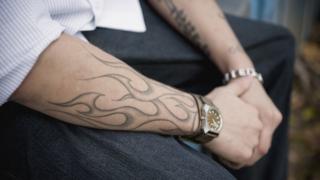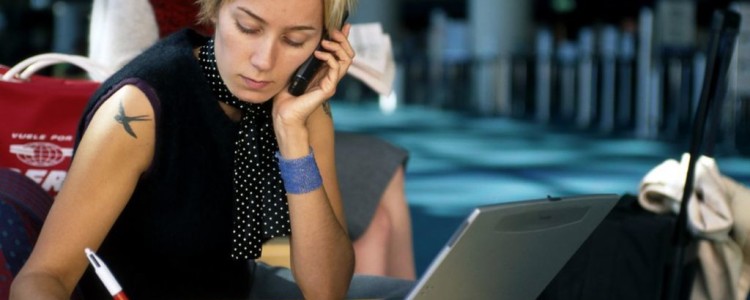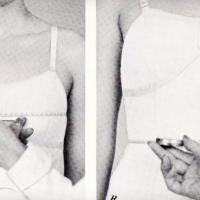 Image copyright Thinkstock
Image copyright Thinkstock Employers have been warned they could be missing out on top staff because they are rejecting candidates with tattoos.
The conciliation service Acas said negative attitudes about visible tattoos are outdated.
Employers could be drastically reducing the pool of potential recruits because so many young people now have tattoos, Acas said.
It said employers should be thinking about relaxing dress codes in general.
A Yougov poll in 2015 suggested that nearly a fifth of UK adults have had tattoos, with those under 40 significantly more likely to have them.
‘How stupid are you?’
Despite the fashion for tattoos in recent years, research commissioned by Acas from academics at King’s College, London, suggests that tattoos are still considered unacceptable in many workplaces.
Several of the 33 people interviewed anonymously for the research said tattoos could be a barrier to hiring in their profession.
For example, the research quotes a senior manager in the emergency services commenting on a potential new recruit:
“[The management] said ‘why have you got a tattoo there? No, we’re not accepting you’.
“She found herself without a job. I said ‘well how stupid are you, at what point did you think a tattoo on your head was going to be acceptable?'”
 Image copyright Getty Images
Image copyright Getty Images Tidal wave
The research suggested there is a strict approach to appearance in the airline industry.
“We have to supply a picture, and also any piercing or any tattoos at all. That’s at the application stage and that is governed. [Someone with a visible tattoo] they won’t usually get through the application stage”.
Employers, including the manager of a removals firm and the regional director of an accounting firm told the researchers they would be reluctant to hire people with visible tattoos in case it put off clients and customers.
However academic Andrew Timming at St Andrews University, who has researched the role of tattoos in hiring practices, says a change in attitudes is inevitable.
“There’s a tidal wave of young people with tattoos these days and they’re not always going to be young.”
“Employers are going to have to accept that they’re integral to the fabric of society and accept that they may potentially have a place at work.”
Missing out
In his research Dr Timming found there were some organisations where a tattoo might be deemed an asset – those marketing towards younger people, including bars and clubs or in the creative industries where it can be seen as a sign of original thinking.
“Isn’t that what employers are looking for these days? Someone who doesn’t always toe the line?”
“Isn’t Richard Branson talking about disruptive talent in the workplace? This is the kind of person who would fit that bill, I would think.”
Stephen Williams, head of equality at Acas, said: “Whilst it remains a legitimate business decision, a dress code that restricts people with tattoos might mean companies are missing out on talented workers.”
“We know that employers with a diverse workforce can reap many business benefits as they can tap into the knowledge and skills of staff from a wide range of backgrounds.”
Legally businesses may require tattoos to be covered up in the workplace, if they have a business case for doing so, said Acas.
Read more: http://www.bbc.co.uk/news/business-37419897









